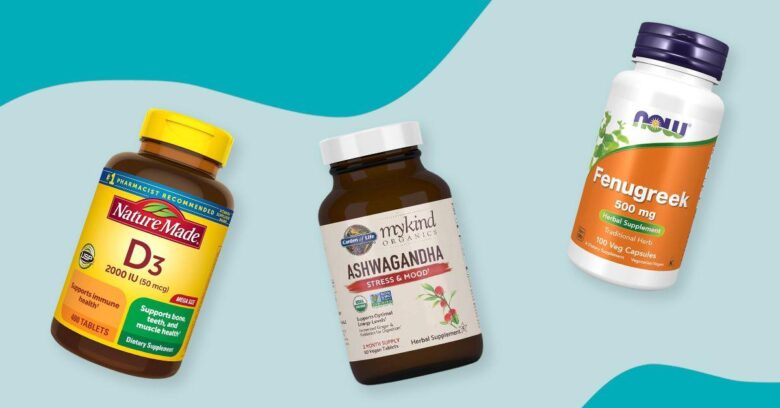In the intricate dance of hormonal balance, testosterone emerges as a vital player, influencing everything from energy levels to mood and muscle development. As more individuals seek ways to enhance their well-being without the potential pitfalls of conventional hormone replacement therapy, the interest in natural testosterone therapy alternatives has surged. This exploration goes beyond mere supplementation, delving into the rich tapestry of lifestyle changes, dietary choices, and holistic practices that promise to support the body’s own hormone production. In this article, we will uncover various natural alternatives and their potential benefits, empowering you to take charge of your health with informed, nature-based strategies. Whether you’re experiencing age-related declines or simply seeking to optimize your vitality, join us as we navigate the promising landscape of natural testosterone support.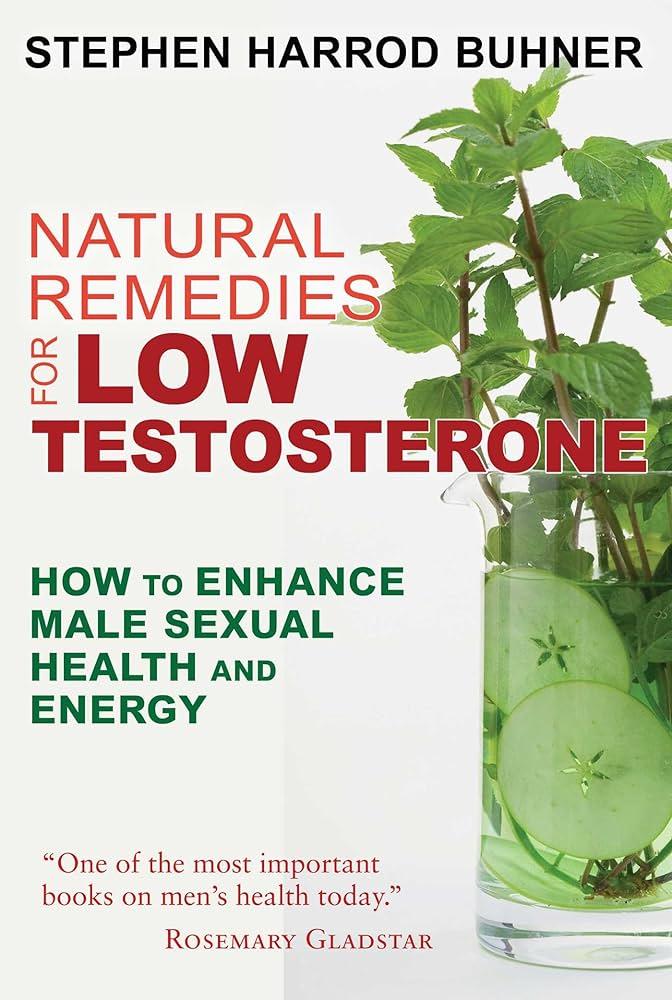
Exploring the Science Behind Natural Testosterone Boosters
The human body produces testosterone naturally, but various factors can lead to diminished levels, prompting interest in alternatives to hormone therapy. One fascinating aspect of natural testosterone boosters lies in their ability to stimulate endogenous production through a variety of mechanisms. For instance, certain nutrients and lifestyle changes are known to enhance hormone levels. Here are some of the key elements believed to contribute to increased testosterone production:
- Zinc: Essential for testosterone synthesis.
- Vitamin D: Linked to improved hormonal balance.
- Healthy fats: Such as those found in avocados and nuts.
- Exercise: Particularly strength training, which can elevate levels.
Innovative research is now shedding light on the complex interplay between diet, exercise, and hormonal health. Natural testosterone boosters not only focus on supplementing with specific vitamins and minerals but also highlight the importance of reducing stressors that may negatively impact hormone levels. Stress leads to elevated cortisol, which can directly suppress testosterone. Incorporating practices like yoga and meditation, as well as maintaining a balanced diet rich in whole foods, can create a synergistic effect. The following table showcases some effective lifestyle practices and their associated benefits:
| Practice | Benefit |
|---|---|
| Resistance training | Boosts testosterone levels |
| Adequate sleep | Supports hormone regulation |
| Stress reduction techniques | Decreases cortisol, aids testosterone |
| Balanced nutrition | Optimizes overall health |
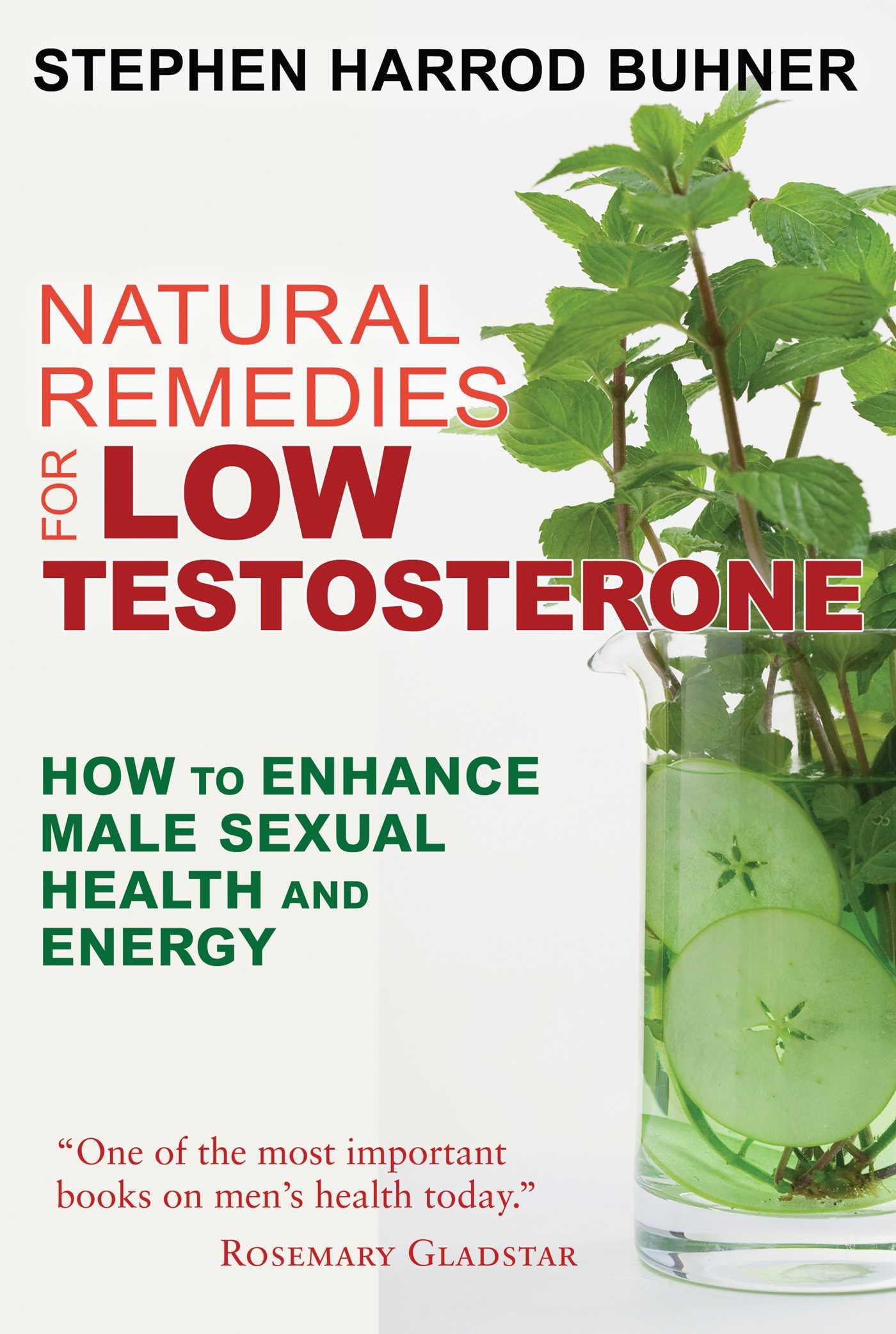
Nutritional Foundations: Foods That Enhance Testosterone Production
To maximize testosterone levels naturally, it’s essential to focus on specific nutrient-dense foods that support hormonal balance. A well-rounded diet rich in healthy fats, high-quality proteins, and essential vitamins can significantly contribute to testosterone production. Consider incorporating the following types of foods into your meals:
- Healthy Fats: Avocados, olive oil, and nuts are excellent sources of monounsaturated fats that are essential for hormone synthesis.
- Lean Proteins: Grass-fed beef, chicken, and fish provide amino acids vital for muscle growth and testosterone regulation.
- Zinc-Rich Foods: Oysters, pumpkin seeds, and legumes are important for testosterone production, as zinc deficiency has been linked to lower testosterone levels.
- Cruciferous Vegetables: Broccoli, cauliflower, and Brussels sprouts can help maintain a healthy estrogen balance, indirectly supporting testosterone levels.
Additionally, certain dietary supplements can augment food sources to further enhance testosterone production. Below is a simple table showcasing the effects of popular supplements:
| Supplement | Benefit |
|---|---|
| Vitamin D | Supports testosterone synthesis and immune function. |
| Fenugreek | May improve libido and increase testosterone levels. |
| D-Aspartic Acid | Can stimulate the production of hormones relevant to testosterone. |
| Magnesium | Aids muscle recovery and boosts testosterone production. |
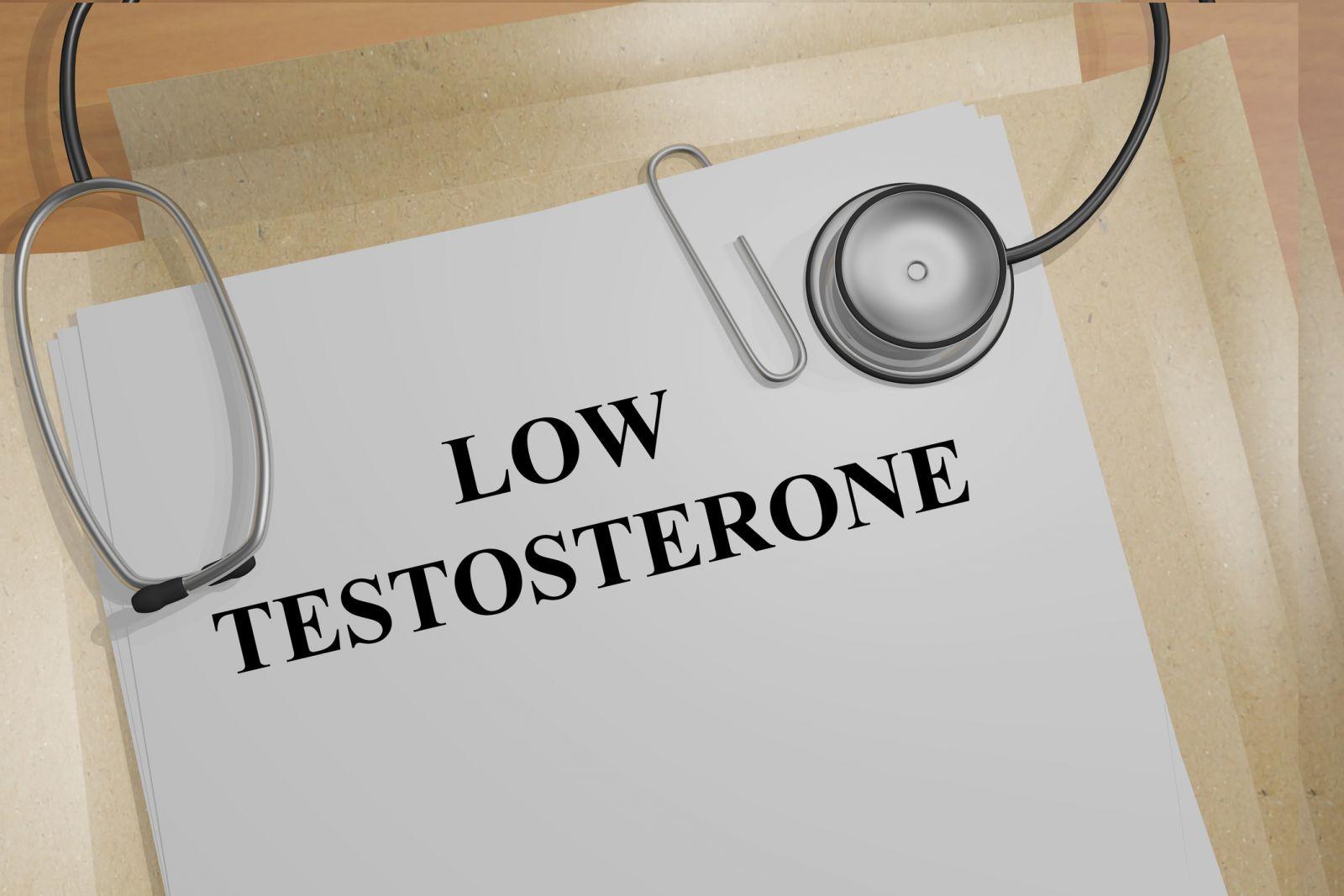
Herbal Allies: Natures Remedies for Hormonal Balance
In the quest for hormonal balance, various herbs have emerged as potent allies that can help boost testosterone levels naturally. Among these, Ashwagandha stands out for its adaptogenic properties, which not only alleviate stress but also promote overall hormonal health. Other notable herbs include Maca root, known for its aphrodisiac qualities and ability to enhance energy, and Ginseng, which has been linked to increased stamina and improved testosterone levels. Incorporating these herbs into your daily regimen may provide a holistic approach to restoring balance.
Moreover, lifestyle adjustments complement the effectiveness of herbal remedies. A varied diet rich in zinc and vitamin D can further support testosterone production. Foods such as oysters, pumpkin seeds, and fortified dairy products should be part of your daily intake. Additionally, consider integrating regular physical activity—especially resistance training and high-intensity interval training (HIIT)—into your routine, as these have been shown to naturally elevate hormone levels. The synergy of herbal support and lifestyle changes can create a comprehensive strategy for achieving optimal hormonal health.
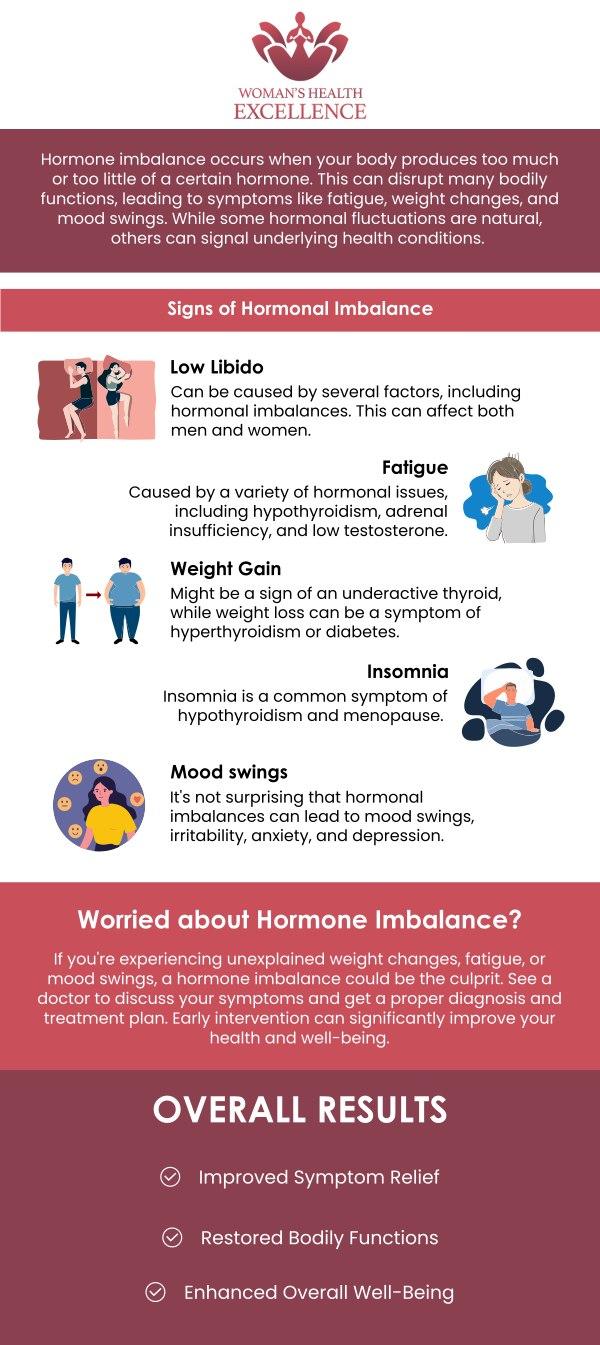
Lifestyle Adjustments: Exercise and Sleep for Optimal Hormone Levels
Making mindful lifestyle adjustments can significantly impact hormone levels, particularly testosterone. Regular exercise not only promotes physical health but also enhances hormonal balance. Engaging in activities such as strength training can stimulate testosterone production, while cardiovascular workouts improve overall circulation and energy levels. It’s essential to incorporate a mix of both to achieve optimal results. Here are some effective forms of exercise to consider:
- Weight lifting: Boosts muscle mass and testosterone levels.
- High-Intensity Interval Training (HIIT): Increases metabolic rate and hormone responsiveness.
- Yoga: Reduces stress and supports hormonal equilibrium through relaxation.
Equally crucial is the role of quality sleep in hormone regulation. Sleep disturbances can lead to decreased testosterone and increased cortisol, the stress hormone, which negatively affects overall health. Aim for 7-9 hours of restorative sleep each night to allow your body time to recover and regulate its hormonal functions. Consider creating a sleep-friendly environment by following these tips:
| Tip | Description |
|---|---|
| Consistent Schedule | Go to bed and wake up at the same time daily. |
| Limit Screen Time | Avoid screens at least one hour before sleep. |
| Comfortable Environment | Keep the room dark, cool, and quiet. |
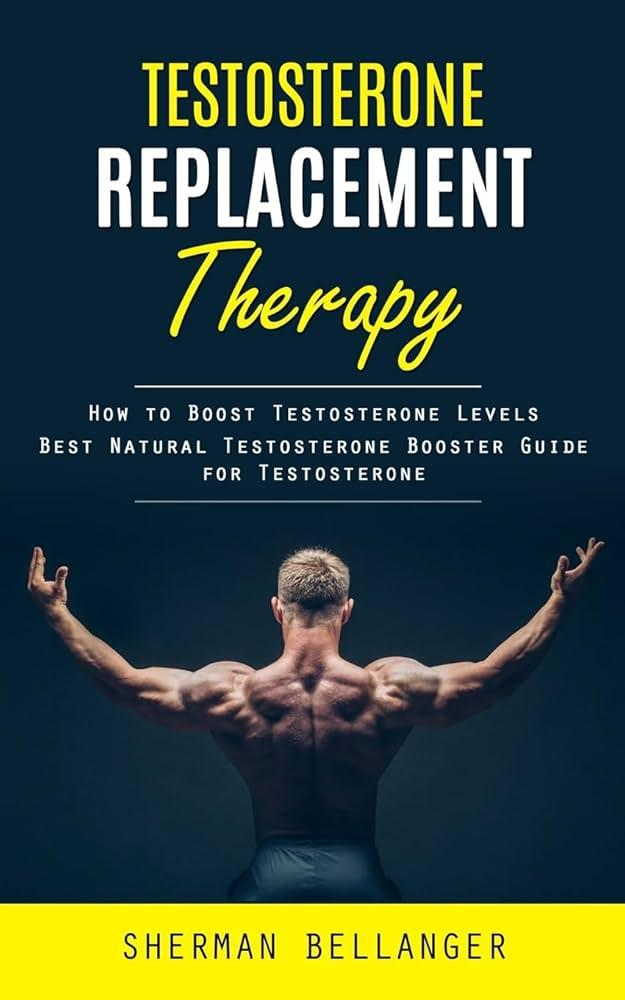
Stress Management Techniques to Support Testosterone Health
Maintaining a healthy testosterone level is significantly influenced by the body’s response to stress. Chronic stress elevates cortisol, a hormone that can negatively impact testosterone production. Implementing effective stress management techniques can therefore play a vital role in supporting hormonal balance. Consider integrating practices such as:
- Mindfulness Meditation: Regular meditation helps lower stress levels, leading to improved hormonal health.
- Physical Exercise: Engaging in moderate to vigorous physical activities boosts mood and reduces stress, promoting overall wellbeing.
- Adequate Sleep: Quality sleep is essential for recovery and hormone regulation, making it crucial for testosterone production.
- Social Connections: Building and maintaining healthy relationships can alleviate stress and enhance emotional resilience.
Another effective approach involves dietary adjustments designed to combat stress and enhance hormone health. Consuming nutrient-dense foods rich in vitamins and minerals can support the adrenal system and modulate cortisol levels. Incorporate the following dietary strategies:
| Food Category | Benefits |
|---|---|
| Leafy Greens | Rich in magnesium, helping to reduce anxiety and regulate cortisol. |
| Fatty Fish | High in omega-3 fatty acids, promoting brain health and reducing inflammation. |
| Nuts and Seeds | Provide healthy fats and antioxidants that support stress management. |
| Berries | Rich in vitamins and antioxidants that combat oxidative stress. |
Holistic Practices: Integrating Mindfulness and Meditation for Hormonal Wellness
Integrating mindfulness and meditation into your daily routine can significantly enhance hormonal wellness, particularly when seeking natural alternatives to testosterone therapy. These practices promote relaxation and stress reduction, which can lead to improved hormonal balance. By focusing on the present moment, individuals can cultivate a sense of awareness that can help reduce anxiety and irritability, contributing to a healthier endocrine system. Some effective techniques include:
- Mindful Breathing: Engage in deep, rhythmic breathing to calm the mind and improve oxygen flow to your body.
- Guided Visualization: Use mental imagery to envision a balanced hormonal state, supporting the body’s natural rhythms.
- Body Scan Meditation: Focus on different body parts to release tension, which may help optimize testosterone levels.
Moreover, the incorporation of regular mindfulness practices can lead to lifestyle changes that further enhance hormonal health. For instance, a consistent meditation routine has been linked to lower cortisol levels, often referred to as the stress hormone, which negatively impacts testosterone production. By fostering a balanced mind, you can encourage a more robust and resilient hormonal landscape. Consider adopting these lifestyle shifts alongside meditation:
| Lifestyle Shift | Benefit |
|---|---|
| Regular Exercise | Boosts overall energy and testosterone levels. |
| Healthy Eating | Nourishes the body with essential nutrients. |
| Sufficient Sleep | Enhances recovery and hormonal balance. |
Evaluating Supplements: What Works and What to Avoid
When exploring alternatives to traditional testosterone therapy, many individuals turn to natural supplements with claims of boosting hormone levels. Among the most popular options are certain herbs, vitamins, and minerals. Ingredients such as fenugreek, ashwagandha, and tribulus terrestris have gained attention for their potential to enhance testosterone production. While individual responses can vary, research suggests that these supplements may offer modest benefits, particularly for those with low testosterone levels. However, it’s essential to approach these products with caution, as the lack of regulatory oversight can lead to inconsistencies in quality and efficacy.
Equally important is the awareness of supplements to avoid, which can have detrimental effects on hormonal balance or overall health. Substances like yohimbe and products containing synthetic hormones can pose serious risks and may exacerbate underlying health issues. Additionally, it’s vital to recognize the role of a balanced diet and lifestyle in maintaining healthy testosterone levels. Some foods known to support testosterone levels include lean meats, nuts, and leafy greens. The table below summarizes effective dietary choices versus those that should be approached with caution:
| Foods to Consider | Foods to Avoid |
|---|---|
| Lean meats (chicken, turkey) | Processed meats |
| Fatty fish (salmon, tuna) | Sugary snacks |
| Nuts (walnuts, almonds) | Refined carbs |
| Leafy greens (spinach, kale) | High-fat dairy products |
Q&A
Q&A on Natural Testosterone Therapy Alternatives
Q1: What are natural testosterone therapy alternatives?
A1: Natural testosterone therapy alternatives are methods and practices that aim to boost testosterone levels in the body without the use of synthetic hormones. These alternatives often encompass lifestyle changes, dietary adjustments, herbal supplements, and holistic practices designed to enhance the body’s natural hormone production.
Q2: Why might someone seek natural alternatives instead of conventional testosterone therapy?
A2: Individuals may seek natural alternatives for various reasons, including concerns about potential side effects associated with synthetic hormones, the desire for a more holistic approach to health, or a preference for non-invasive methods. Additionally, some men may be looking to enhance their overall well-being rather than simply increasing testosterone levels in isolation.
Q3: What lifestyle changes can help boost testosterone naturally?
A3: Several lifestyle adjustments can positively influence testosterone levels. Regular exercise—especially strength training and high-intensity interval training (HIIT)—can enhance hormone production. Adequate sleep (7-9 hours per night) is crucial, as poor sleep has been linked to lower testosterone. managing stress through practices like yoga, meditation, or mindfulness can also be beneficial, as chronic stress elevates cortisol, which negatively impacts testosterone levels.
Q4: Are there specific foods known to help increase testosterone?
A4: Yes, certain foods can support testosterone levels. Including healthy fats, such as avocados, nuts, and olive oil, can be beneficial. Protein-rich foods like lean meats, fish, and eggs provide essential building blocks for hormone production. Additionally, incorporating foods high in zinc (like oysters and legumes) and vitamin D (such as fatty fish and fortified dairy products) can further contribute to maintaining balanced testosterone levels.
Q5: Can herbal supplements effectively boost testosterone?
A5: Some herbal supplements are believed to have a positive effect on testosterone levels. For instance, fenugreek and ashwagandha have been linked to increased hormone production in some studies. However, individual responses can vary, and it’s important to consult with a healthcare professional before starting any supplement regimen, as the efficacy and safety of these products can differ based on the person’s health status.
Q6: How does weight management influence testosterone levels?
A6: Weight management plays a significant role in hormone balance. Excess body fat, particularly around the abdomen, is linked to lower testosterone levels. By adopting a healthy diet and engaging in regular exercise to maintain a healthy weight, individuals may see an improvement not only in their overall health but also in their testosterone levels.
Q7: Are there any potential risks associated with natural testosterone therapy alternatives?
A7: While natural alternatives tend to have fewer risks than synthetic hormone therapies, they are not without potential drawbacks. Factors like excessive supplementation of certain herbs can lead to adverse reactions, and lifestyle changes that are not well-planned may lead to injuries or health issues. It’s vital to approach these alternatives with care and ideally under the guidance of a healthcare provider.
Q8: How long does it typically take to notice changes from natural testosterone therapy alternatives?
A8: The timeline for seeing changes can vary significantly based on the individual and the specific methods employed. Some may notice improvements in energy, mood, or libido within a few weeks of adopting a new routine, while others may take several months to experience significant benefits. Consistency and patience are key, as the body requires time to adjust to lifestyle changes.
Q9: Can natural testosterone alternatives be combined with conventional therapies?
A9: Combining natural alternatives with conventional therapies may be beneficial for some individuals, but it’s essential to consult with a healthcare provider before proceeding. This ensures that any potential interactions or contraindications are carefully considered, allowing for a more tailored and effective approach to testosterone management.
Q10: What final advice would you offer for those considering natural testosterone therapy alternatives?
A10: It’s important to start by evaluating your overall health, as well as your lifestyle habits. A balanced diet, regular exercise, and sufficient sleep will form a solid foundation. Consider consulting with a healthcare professional to discuss safe and effective natural alternatives tailored to your needs. Remember that a holistic approach is often the most effective way to foster lasting health and well-being.
Insights and Conclusions
In the dynamic landscape of health and wellness, the pursuit of balanced testosterone levels can lead many to explore alternatives beyond conventional therapy. As we’ve journeyed through the myriad options available—ranging from dietary adjustments and herbal remedies to lifestyle changes and holistic practices—it’s evident that nature offers a wealth of potentials for those seeking to enhance their vitality and well-being.
While no single solution fits all, the journey towards optimal health is as much about understanding your unique body as it is about making informed choices. As you navigate the options for natural testosterone therapy alternatives, remember to consult healthcare professionals and consider your individual circumstances.
In embracing the potential of natural therapies, you not only invest in your physical health but also embark on a path of self-discovery and empowerment. May your quest for balance be enriching, enlightening, and ultimately transformative. Here’s to a future where wellness is a holistic endeavor, guided by nature’s wisdom and your own intuition.

